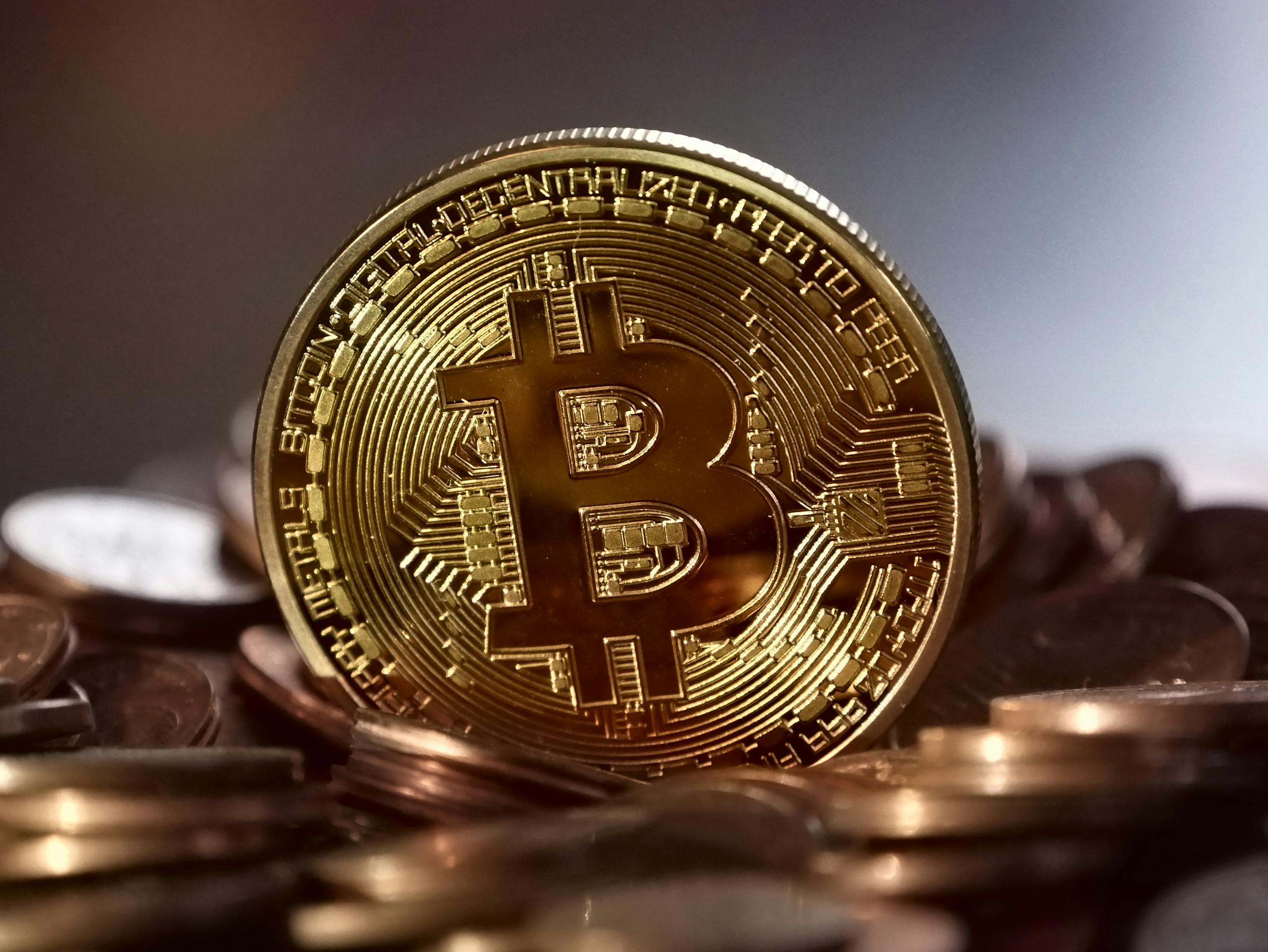A Monetary Revolution for Everyone
Imagine a world where your money truly belongs to you, where no one can stop you from using it, freeze it, or confiscate it. Where you can send money instantly across the globe without paying exorbitant fees. This world exists today, thanks to a revolutionary currency called Bitcoin.
But what exactly is Bitcoin?
At its core, Bitcoin is a form of digital money. Think of it as fiat currency, but existing only in the virtual world – no coins jingling in your pockets, no bills to crumple between your fingers.
However, this isn’t the most revolutionary aspect of Bitcoin, as fiat currencies can already be used entirely digitally. The key element of Bitcoin is that it evades the control of governments, banks, and any centralized entity.
There’s no “Central Bank of Bitcoin” deciding how much to create or how to distribute it. Instead, the network is collectively managed and maintained by a decentralized network of users worldwide.
How does it work ?
Picture an enormous ledger, but in digital form and accessible to all. We call this the “blockchain” (or “timechain” for some). Every time someone uses Bitcoin, whether to buy a coffee or send money to a friend, that transaction is recorded in this public ledger.
This is where the magic happens. Thousands of computers worldwide, owned by entrepreneurs (and some volunteers) called “miners,” work constantly to verify and validate each transaction. They use complex mathematical calculations to ensure no one cheats or spends the same Bitcoin twice.
This decentralized system eliminates the need to trust a central authority like a bank. With Bitcoin, trust is replaced by mathematics and cryptography. That’s why, as time passes, transactions become more “unfalsifiable.” To cheat, you’d need to amass enormous computing power, acquiring not only millions of specialized computers (ASICs), but also a significant amount of energy, which is practically impossible.
Another crucial aspect of Bitcoin is its open-source development. The code running the Bitcoin network is public and accessible to all, allowing anyone to examine it, propose improvements, or report issues. This total transparency is an additional safeguard against fraud or manipulation.
Moreover, open-source development enables a global community of developers to contribute to the continuous improvement of the protocol. It’s as if the evolution of our monetary system was in the hands of thousands of volunteers coordinating without a central authority, rather than a handful of bankers and institutions.
This collaborative and transparent approach is the opposite of traditional financial systems’ opaque functioning. With Bitcoin, everyone can understand how their money works, verify transactions, and even participate in the system’s evolution.
Why is Bitcoin so important?
It’s primarily a matter of freedom. With Bitcoin, you truly own your money. No one can tell you how to use it or deprive you of it. In a world where governments can freeze citizens’ bank accounts on a whim, this is crucial protection.
Bitcoin is accessible to everyone, everywhere in the world – no need for a bank account or ID papers. Even the most basic phone can use Bitcoin with a solution like Machankura. For billions of “unbanked” people worldwide, it’s a gateway to the global economy.
Bitcoin is also important for its stability: Its supply is limited, there will never be more than 21 million. Unlike traditional currencies that central banks can print at will (causing inflation), Bitcoin’s supply is limited over time.
While Bitcoin isn’t perfect, its price can be volatile in the short term, using it requires some learning, and some governments are trying to regulate it, like in Europe, or even ban it, as theoretically in China.
But despite these challenges, Bitcoin continues to grow. More and more people are using it to save, trade, or send money to family abroad. Countries like El Salvador have even made it their official currency. More than just a technology, Bitcoin is a movement for financial freedom, equal access to financial services, and transparency. It’s a tool that allows us to take back control of our money, and by extension, our lives.
So, are you ready to join the revolution? Get informed, try Bitcoin, talk about it around you. Money as we know it is changing, and this time, the change is coming from the people. The future of money is in our hands!

